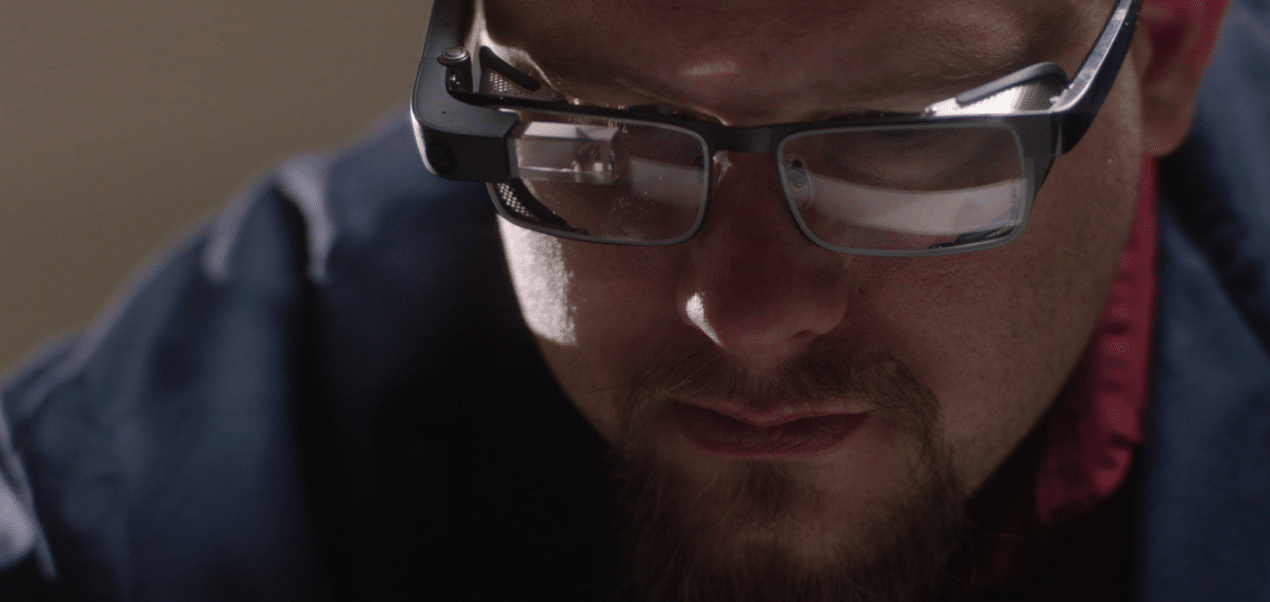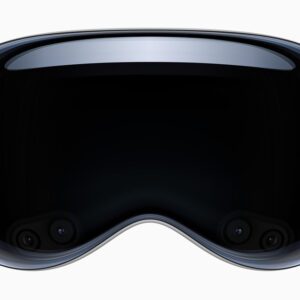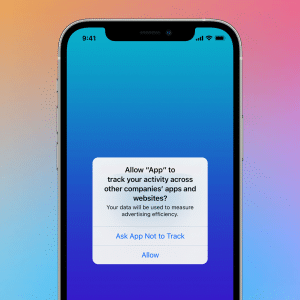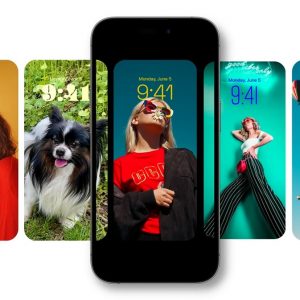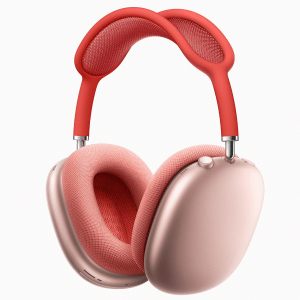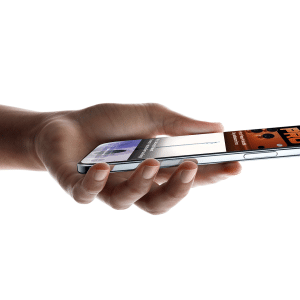Google has unveiled the next generation of its enterprise-focused Google Glass product.
Named Glass Enterprise Edition 2, the new hardware sports a more traditional look when compared with the first-generation goggles, offering safety glasses features for factories and production lines.
Designed in partnership with Smith Optics, the new glasses are available in two designs, with one retaining the Edition 1 futuristic headset design to appease businesses.
Both versions of the new Google Glass come with a 640 x 380 Optical Display Module that can display augmented reality content on top of a real-world view, as well as a smart voice assistant to aid in productivity on the front line.
Featuring a Qualcomm Snapdragon XR1 processor, a new 8-megapixel camera, USB-C port for faster charging, and a larger battery, the new glass product elevates the existing experience and offers businesses more power.
“Glass Enterprise Edition 2 helps businesses further improve the efficiency of their employees. As our customers have adopted Glass, we’ve received valuable feedback that directly informed the improvements in Glass Enterprise Edition 2,” Google said in a blog post.
“Glass Enterprise Edition 2 is built on the Qualcomm Snapdragon XR1 platform, which features a significantly more powerful multicore CPU (central processing unit) and a new artificial intelligence engine. This enables significant power savings, enhanced performance and support for computer vision and advanced machine learning capabilities.

“We’ve also partnered with Smith Optics to make Glass-compatible safety frames for different types of demanding work environments, like manufacturing floors and maintenance facilities.
“Additionally, Glass Enterprise Edition 2 features improved camera performance and quality, which builds on Glass’s existing first-person video streaming and collaboration features. We’ve also added USB-C port that supports faster charging, and increased overall battery life to enable customers to use Glass longer between charges.”
The new glasses run on Android Oreo so that businesses can develop custom applications and deploy updates over the cloud.
The new glasses start from $999, down from the original $1,599 asking price on the previous Enterprise Glass.
Consumers cannot buy the device; it is only available to businesses operating in the industries the Glasses were designed for.
Back in 2013, Google introduced Google Glass as a consumer-lead product, but it received poor feedback due to limited functionality and privacy concerns.

In 2017, Google Glass was re-released aimed at enterprises, and the second generation dropped yesterday (May 20).
Apple glasses are coming
Apple is also expected to release its own augmented reality smart glasses in 2019 or 2020, aimed at consumers for gaming and productivity purposes.
Little is known about progress or development inside of Apple Campus, but the company has acquired several businesses in recent years to utilize technology and talent as part of the upcoming project.
Are you excited to see what will happen next with smart glasses? Stay tuned for the latest from Apple and other technology companies, every day on the AppleMagazine website.
